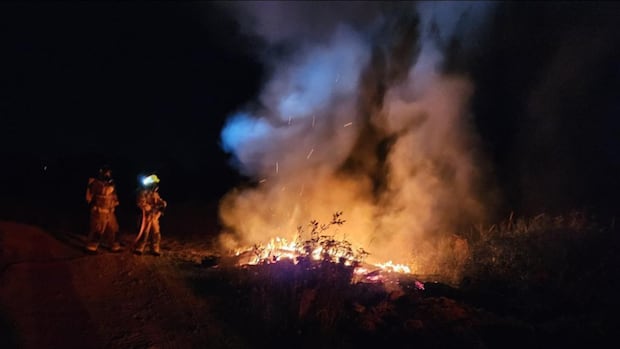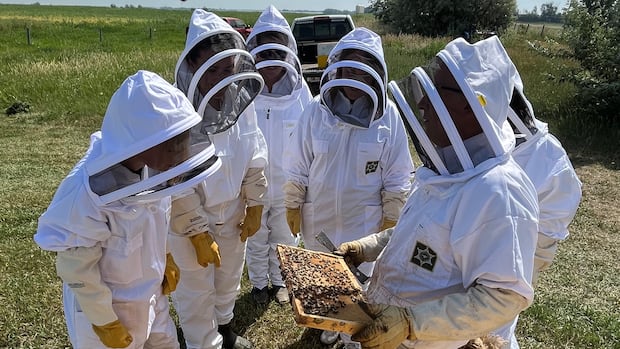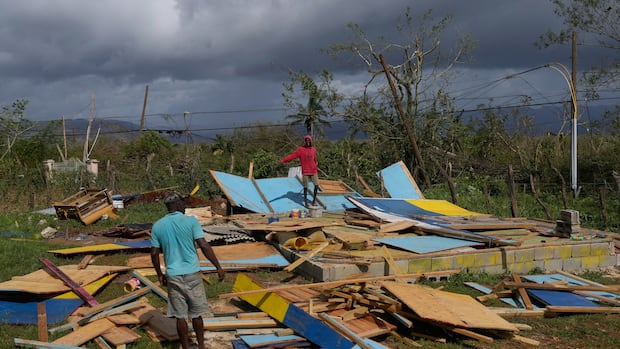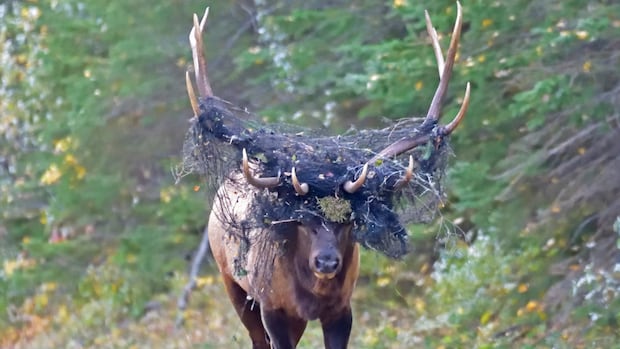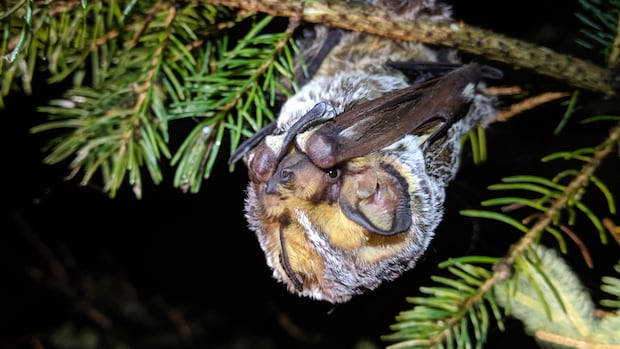Grand Falls-Windsor fire Chief Vince MacKenzie says he’s seen the world change in his 42-year career.
MacKenzie’s community is about 16 kilometres north of the nearest out-of-control wildfire in Martin Lake, which was burning at 2,160 hectares as of Thursday morning.
“Fire season is starting earlier, lasting longer and much more intense. It’s become a real issue over the last four or five years,” MacKenzie told CBC Radio’s The Signal.
“Unfortunately, it’s going to continue.”
The fire chief said increasingly hot and dry conditions are also increasing the fire risk, and the province’s firefighters are seeing that risk grow every year.
“Climate change is very real in the fire service, and the Canadian Association of Fire Chiefs, of which I’ve been involved with over the years, we’ve been letting governments know that climate change is real.”
Warmer weather, worse fires
MacKenzie said fires are starting to become synonymous with summer in Canada.
That’s an idea Kaitlyn Trudeau has been researching with Climate Central.
The organization’s data from its Climate Shift Index indicates that higher average temperatures are a direct result of climate change.

Climate Central aims to find the link between weather events and human-caused climate change, a process commonly known as climate attribution.
The research group developed its index using weather models and patterns to compare “two different worlds,” said Trudeau.
One world is the one we live in now, she said, and the other is one without greenhouse gases. From there, scientists and researchers calculated the probability of any temperature in any location.
According to the Climate Shift Index, climate change made the fire conditions in most of Newfoundland at least five times more likely.
“We’re trying to make a tool that helps people just understand the role that we’re playing in the changes that we’re seeing to our weather,” said Trudeau. “The risks that we’re seeing, they’re much more likely in a world with added greenhouse gases than they are in a world without.”
The researcher said the index also helps people better understand why wildfires seem to be so much worse this year.
Newfoundland and Labrador has averaged fewer than 100 wildfires per season in the previous five years, but this year there have been 216 so far, according to the province’s wildfire dashboard.
“Climate change doesn’t start fires, but what it does is it really exacerbates conditions. It really sets the stage for more extreme fire behaviour that just lets these fires burn out of control,” Trudeau said.
Getting prepared
MacKenzie said there are actions people can take at home to prevent fires.
“The public needs to start to become more aware around this,” he said.
MacKenzie recommended people keep their homes’ eavestroughs clear. He said leaf litter and other natural debris can become very combustible, so lawn maintenance is also important.
However, MacKenzie said the circumstances of this summer’s wildfires are not normal.
“At the end of the day, it’s going to take the weather to stop these events, and a good drowning of rain,” he said.


